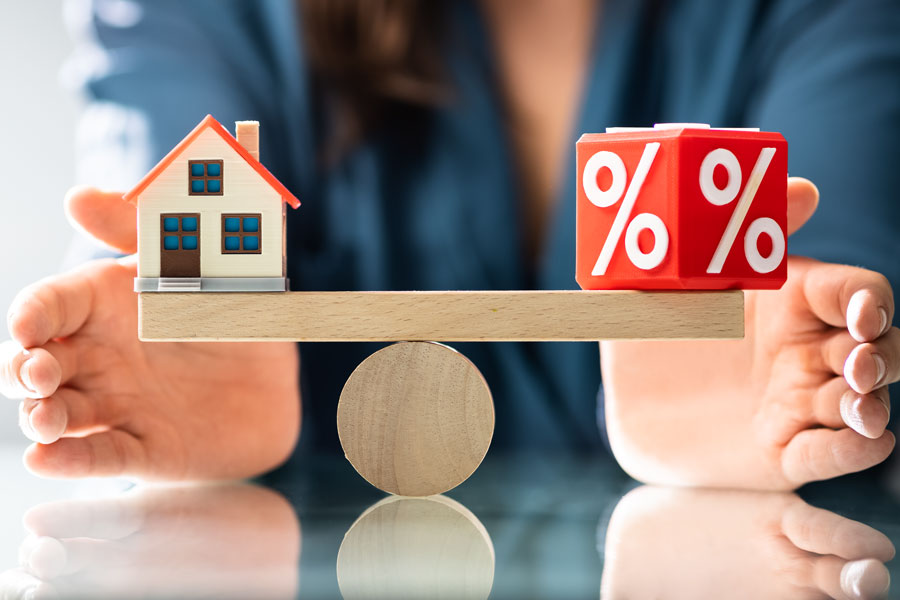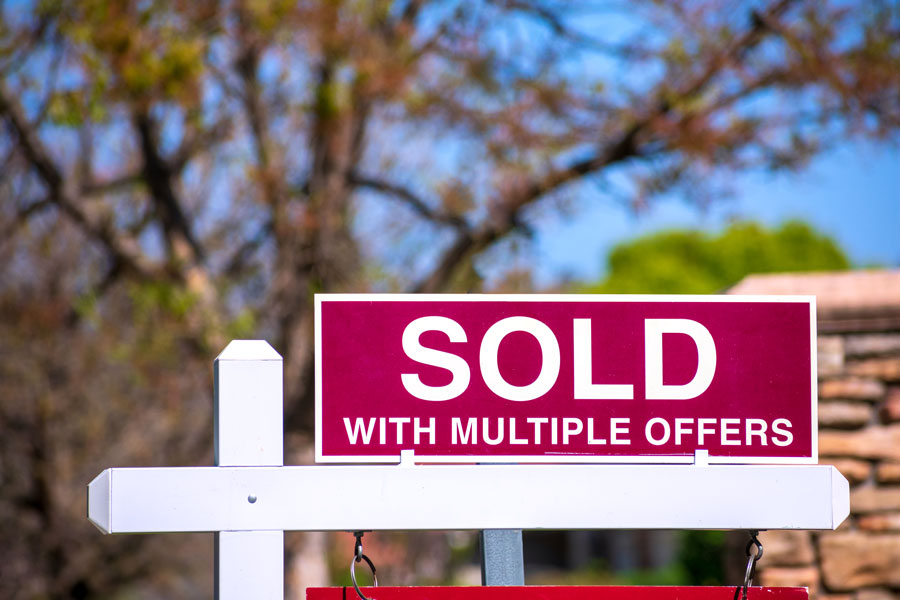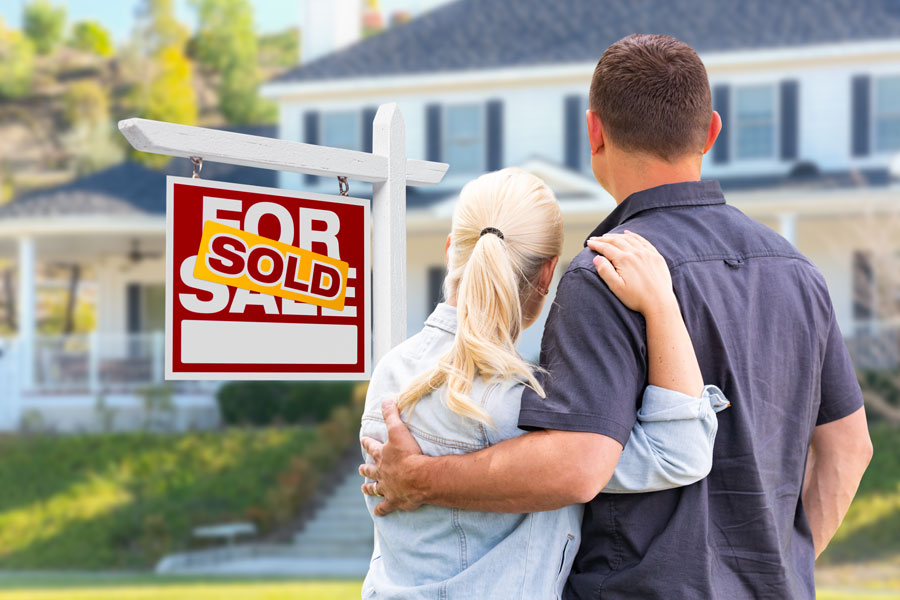Simply checking online for today’s posted rate may not lead to your expected outcome due to the many factors that can cause each individual rate and closing cost scenario to fluctuate.
We can preach communication, service and education all day long, but it’s our ultimate goal to earn your trust so that you can be confident in our ability to successfully lead you through this complex mortgage process.
Since mortgage rates can change several times a day, the following questions will help determine whether or not your lender truly knows what to look for so that they can provide you with the best rate once you’re in a position of locking in your loan:
Who determines mortgage rates, and what are they tied to?
Mortgage interest rates are determined by the pricing of Mortgage Backed Securities or Mortgage Bonds. The media often implies mortgage rates are based off the 10-year Treasury Note, which is incorrect.
While the 10-year Treasury Note has been known to trend in the same direction as Mortgage Bonds, it is not unusual to see them move in completely opposite directions.
How often do mortgage rates change?
Mortgage rates may change throughout the day, however they only change on days when the Bond markets are trading securities since mortgage rates are based on Mortgage Bond prices.
Think of a Mortgage Bond’s sales price similar to that of a Stock that trades up and down during the course of a day.
For example – let’s assume the FNMA 30-Year 4.50% coupon is selling for $100.50. The price is 50 basis points lower from the previous day’s closing price of $101.00.
In simple terms, the borrower would have to pay an additional .50% of their loan amount to have the same rate today that they could have locked in the previous day.
What causes mortgage rates to change?
Mortgage Bonds are largely affected by various market forces that influence the changing demand for bonds within the market. Some of the key economic factors that have the greatest impact are unemployment percentages, inflationary fears, economic strength and the overall movement of money in and out of the markets.
Like stocks, most fluctuation is caused by consumer and investor emotions.
What do you use to monitor mortgage rates?
There are several great subscription based services available to monitor Mortgage Bond pricing.
The key is to make sure the lender is aware they should be monitoring Mortgage Bond pricing, such as the Fannie Mae 30-Year 4.50% coupon… and not the 10-Year Treasury Note or the news media.
When the Fed changes rates, why do mortgage rates move in the opposite direction?
It is a common misconception that when the Federal Reserve implements a rate cut it is immediately correlated to a reduction in mortgage rates.
The Federal Reserve policy influences short term rates known as the Fed Funds Rate (“FFR”). Lowering the FFR helps to stimulate the economy and increasing the FFR helps to slow the economy down. Effectively, cutting interest rates (FFR specifically) will cause the stock market to rally, driving money out of bonds and creating potential for inflation.
Mortgage Bond holders need to obtain a higher rate of return on their money if inflation is increasing, thus driving up mortgage rates. With the Federal Reserve Board meeting every six weeks, this is an important question to ask. If your lender does not have a firm understanding of this relationship, they may leave your rate unprotected costing you thousands of dollars over the life of your mortgage.
Do different programs have different interest rates?
Conventional, FHA and VA loans can all carry different rates on a 30-Year fixed mortgage. FHA and VA loans are insured by the Federal Government in the event of defaults.
Conventional mortgages are insured by private mortgage insurance companies, if insurance is required.
Typically, FHA and VA loans carry a lower rate because the investor views the government backing as less of a risk. While rates are usually different for each program, it may be more important to compare the monthly and overall cost during the life of the loan to determine which program best suits your needs.
Why is an Adjustable Rate Mortgage (ARM) rate lower than a fixed rate mortgage?
An Adjustable Rate Mortgage (ARM) is usually fixed for a specific period of time. The period is typically 6 months, 1 year, 3 years, 5 years or 7 years. The shorter time period the rate is fixed, the lower the interest rate tends to be initially.
This is due to the borrower taking the future risk of increasing interest rates. The only instance where this would not be true is when there is an inverted yield curve where short-term rates are higher than long-term rates.
Why are rates higher for different property residence types?
Mortgage interest rates are based on risk-based pricing. Risk-based pricing allows adjustments to par pricing for risk factors such as; FICO scores, Loan-to-Value percentages, property type (SFR, Condo, 2-4 Units), occupancy (Primary, Vacation or Investment) and mortgage type (Interest Only, Adjustable Rate etc).
This allows the investors who lend their money for mortgages to receive additional compensation for taking additional risk.
If the borrower encounters a financial hardship, are they more likely to make the payment on the home they live in or the one they rent out?
_________________________________
Related Mortgage Rate Articles:




